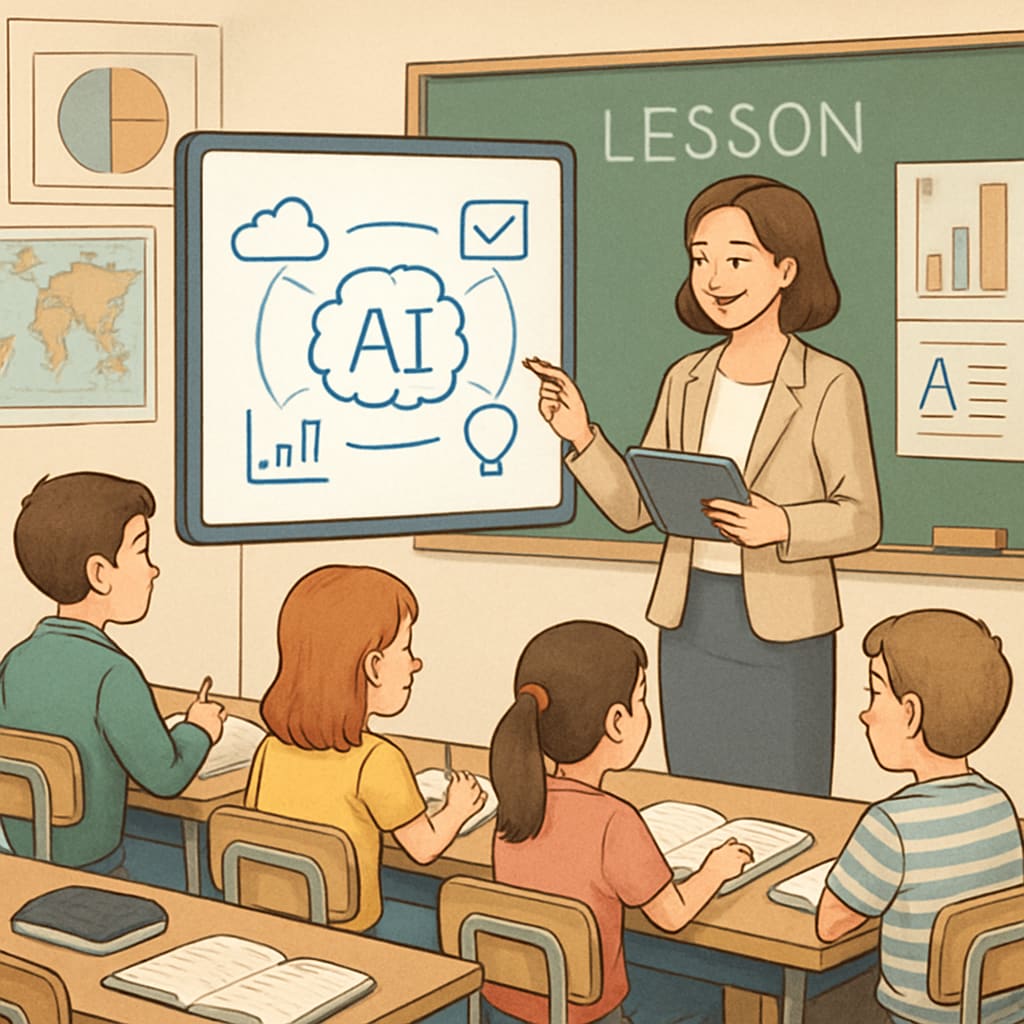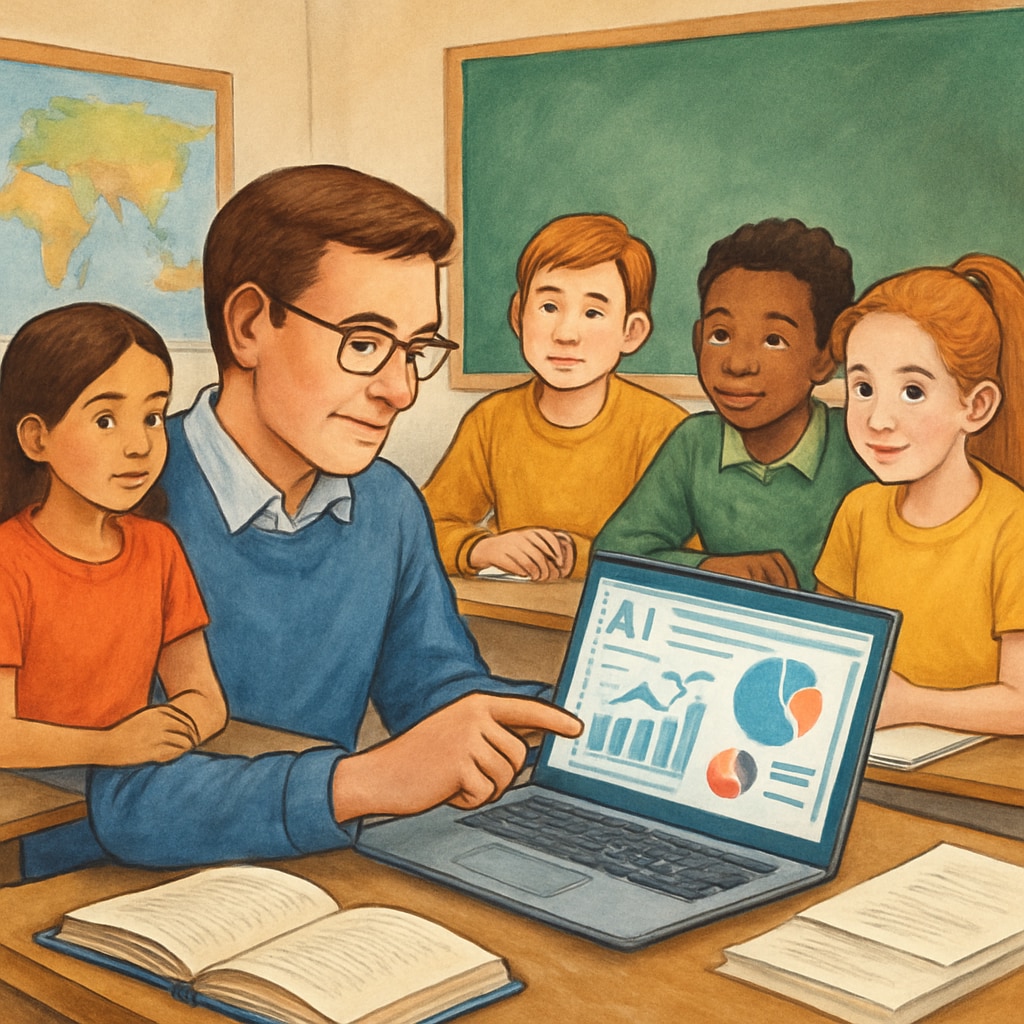The rapid integration of AI education applications is reshaping the teaching profession, prompting discussions about its effects on teacher value and technical skills. As AI technologies such as adaptive learning platforms and virtual tutors become more prevalent, educators are facing unprecedented challenges and opportunities. Are we heading toward a future where technology empowers teachers, or one where it diminishes their professional standing? This article delves into these questions, exploring the evolving role of teachers in a technology-driven educational landscape.

The Impact of AI on Teacher Value
Artificial intelligence is transforming education, but its implications for teacher value are complex. On one hand, AI tools can streamline administrative tasks, allowing teachers to focus on personalized instruction. On the other hand, the increasing reliance on AI raises concerns about the potential devaluation of human educators.
For example, adaptive learning platforms can analyze student performance and provide tailored feedback, a task traditionally performed by teachers. While this technology improves efficiency, it may also lead stakeholders to question the necessity of skilled educators in certain contexts. According to a Britannica article on AI, automation often results in the redistribution of labor, which could lead to reduced demand for traditional teaching roles.
Technical Skills as the Key to Staying Relevant
To maintain their professional value, teachers must acquire new technical skills that complement AI tools. By mastering these technologies, educators can position themselves as indispensable facilitators of learning, rather than being overshadowed by machines. For example, understanding data analytics enables teachers to interpret AI-generated insights and apply them effectively in the classroom.
Furthermore, integrating AI tools into lesson plans requires creativity and critical thinking—skills that machines cannot replicate. Teachers who embrace technology as a collaborative partner rather than a competitor can enhance their roles as both educators and innovators.

Balancing Technology and Human Expertise
The integration of AI in education should not aim to replace human teachers but to augment their capabilities. Striking a balance between technology and human expertise is crucial for preserving the essence of education. Teachers bring emotional intelligence, empathy, and cultural understanding—qualities that AI lacks.
For instance, while virtual tutors can provide instant feedback, they cannot inspire, mentor, or build meaningful relationships with students. A study by Wikipedia on AI in education highlights the importance of human educators in fostering creativity and critical thinking, skills that are vital in today’s world.
Rethinking Salaries in the Age of AI
The rise of AI also calls for a reassessment of teacher salaries. If educators are expected to acquire advanced technical skills and adapt to evolving technologies, their compensation should reflect these additional responsibilities. Policymakers and educational institutions must recognize the value of teachers as both knowledge providers and technology integrators.
Moreover, investing in professional development programs can equip teachers with the skills needed to thrive in an AI-driven environment. This approach not only benefits educators but also ensures that students receive a high-quality, well-rounded education.
Conclusion: The Future of Teaching in an AI Era
While AI education applications offer numerous benefits, they also pose challenges to teacher value and technical skills. To navigate this evolving landscape, educators must embrace technology as a tool for empowerment, not a threat. By acquiring new skills and focusing on their irreplaceable human qualities, teachers can redefine their roles and continue to play a central part in shaping the future of education.
In the end, the goal should not be to choose between technology and humanity but to create a harmonious blend that serves the best interests of students, educators, and society as a whole.


